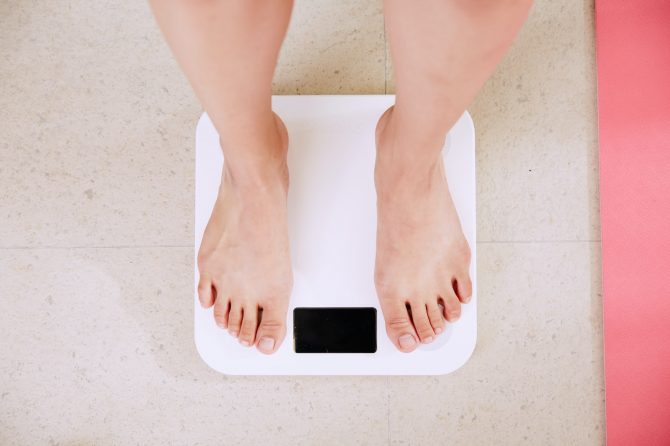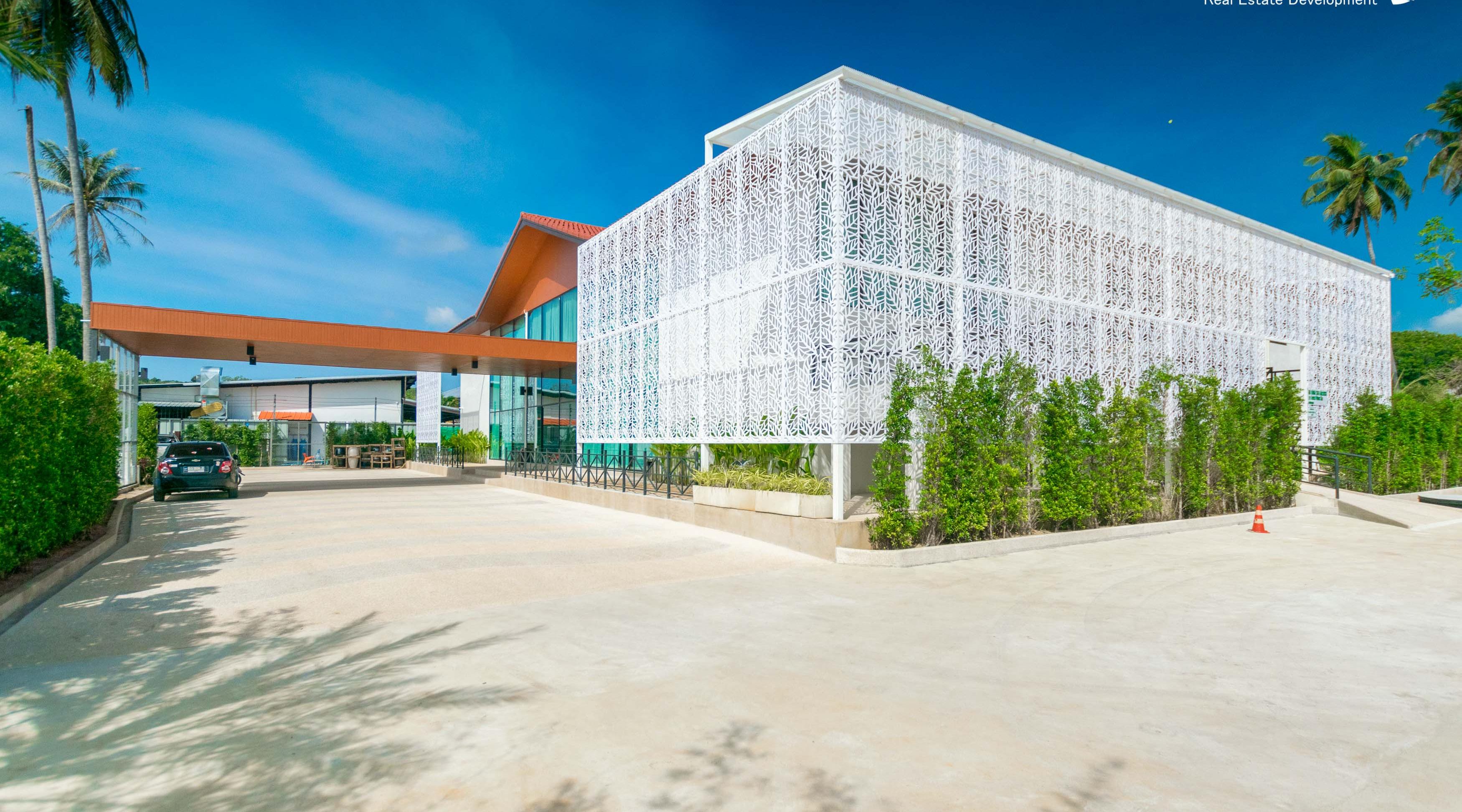
5 Ways to Maintain Healthy Blood Pressure As You Get Older
After attaining over fifty years, people are more likely to develop high blood pressure. According to MayoClinic, increases in blood pressure of more than 20 mmHg or 10 mmHg double the risk of cardiovascular disease. As a result, older adults should strive to maintain healthy blood pressure levels by making lifestyle changes a top priority. The following are a few simple methods that older adults can use to keep their blood pressure under control.
1. Exercise Regularly
If you are a senior citizen, you should engage in regular physical activities to reduce hypertension. In addition to altering artery shape and reducing cardiovascular risk, regular exercise modulates the sympathetic nervous system, an essential hypertension control center in the body. Blood pressure can be reduced by 5-7 mmHg with aerobic activity.
2. Eat a Healthy Diet
According to research, a well-balanced diet is one of the best ways to lower or maintain healthy blood pressure in older persons. Not only is a good diet low in cholesterol, but it is also a metabolism booster for a higher immunity for older adults.
Whole foods low in saturated fat, total fat, sodium, and low in sugar constitute a healthy diet. A good diet for older adults constitutes many fruits, vegetables, whole grains, and high-fiber foods. Additionally, you can use a metabolism booster supplement to speed up your body’s metabolic process.
3. Maintain a Healthy Weight
When you gain weight, your body undergoes several physiological abnormalities that impact your blood pressure. A BMI of less than 25 is considered healthy. A BMI that goes beyond the 25 mark is considered to be unhealthy.
Sustaining an average weight can be accomplished by making minor tweaks to daily diet and exercise routines. Older individuals need to maintain a healthy weight to keep their blood pressure in check.
4. Limit Salt Intake in Your Diet
Low sodium intake is one of the best ways for an elderly person to reduce the risk of developing high blood pressure. Sodium ingestion may cause an increase in blood hypertension.
As a result, if you’re over 65 years, you should be aware of the importance of reducing your salt intake. Salt consumption is the most straightforward strategy to prevent high blood pressure in older persons.
5. Get Enough Sleep
To lower blood pressure, the elderly must obtain enough sleep. Older adults should constantly aim to get a good night’s sleep to keep their blood pressure in check. Mood, productivity, and lowered blood pressure may increase if older persons get adequate sleep each night. Sleeping is a way of regulating your daily attitudes and overall productivity.
When possible, try to go to bed and wake up at the same time every night of the week, steering away from heavy or substantial meals before bedtime. Also, you should avoid taking drinks from the family of stimulants, such as nicotine and caffeine.
Conclusion
Regular medical examinations can help you detect and control high cholesterol if you’re a senior citizen. Regular visits to your physician for medical checkups will significantly minimize your risk of significant health problems. You should frequently make an appointment with your primary care physician if you have unmanaged hypertension or are concerned that you may be at risk.
Therefore, you can use a combination of medicine and healthy lifestyle modifications to keep high blood pressure in check. Higher blood pressure in the elderly increases the risk of developing other heart-related disorders like a heart attack or stroke.
Keeping a healthy weight, getting enough sleep, exercising regularly, limiting salt intake, and eating a well-balanced diet are just a few simple ways to avoid developing high blood pressure in your old age. Additionally, it is advisable to follow your doctor’s recommendations in managing high blood pressure.




